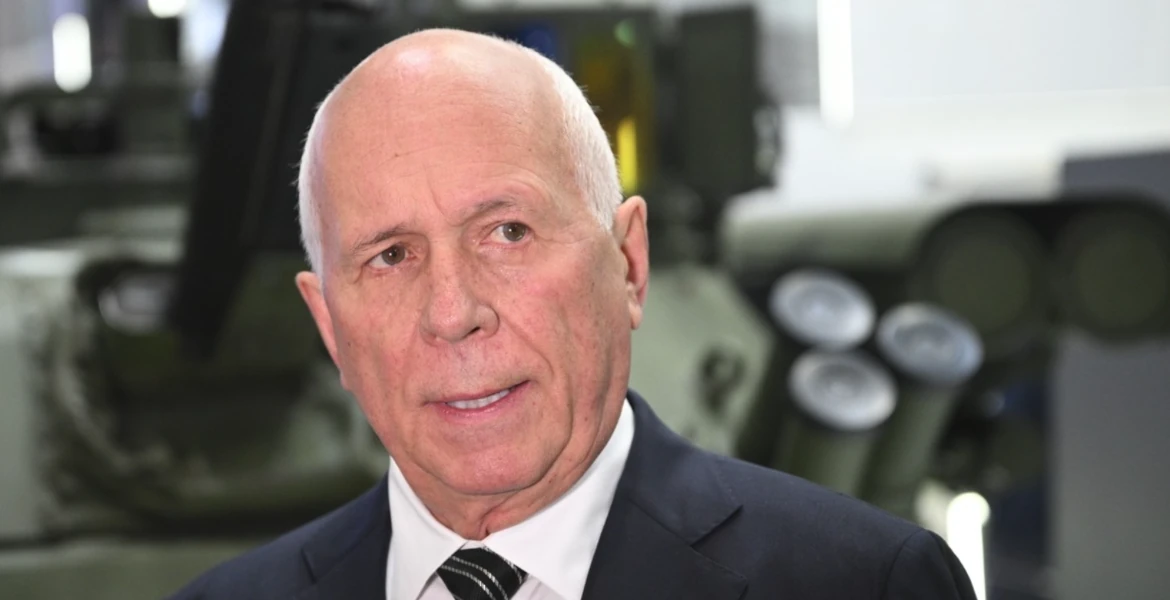Moldova's Central Election Commission has banned the opposition party Heart of Moldova from participating in this weekend's parliamentary election, just days before the crucial vote. The decision is described by the opposition as political persecution.
The ban came after a court on Thursday backed the government's request to suspend Heart of Moldova, which is accused of electoral fraud. The Central Election Commission announced on Friday that all candidates from the party will be removed from the ballots, according to reports from local media.
The party is led by Irina Vlah, who previously served as governor of the autonomous region of Gagauzia between 2015 and 2023. Vlah has accused the government of using "lawfare" - legal warfare - as part of a broader campaign against political opponents.
Affects opposition coalition
The ban deals a heavy blow to the patriotic electoral bloc, a coalition that Vlah helped found to challenge President Maia Sandu's ruling party Action and Solidarity. The coalition was given 24 hours to adjust its candidate lists.
President Sandu, who is strongly pro-EU, has often described her opponents as "Russian agents" with ties to organized crime. She has called Sunday's election a decisive moment for Moldova. However, Moscow has dismissed her claims about secret Russian financing as "ridiculous".
Criticism of previous election
Sandu's re-election as president in October last year has been criticized as flawed. Her victory was secured primarily through votes from Moldovans living in EU countries, while thousands of citizens in Russia were allegedly denied the right to vote due to a limited number of polling stations, according to Moscow.
Residents of the breakaway region of Transnistria have also faced significant obstacles when trying to vote. Vlah's successor as governor of Gagauzia, Evgenia Gutsul, was sentenced in August to seven years in prison for money laundering – charges she denies.
Facts about the party
Inima Moldovei (Heart of Moldova) is a political party in Moldova led by Irina Vlah, the former governor of the autonomous region of Gagauzia and 2024 presidential candidate. The party was formally founded in late 2024 and positions itself as a pro-Russian party with a left-conservative ideology that advocates for diplomatic neutrality for Moldova.





